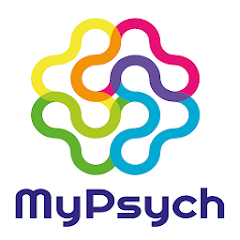Mental State Examination

Remember – the mental state should take into account not just your observations during the course of the interview but also information obtained on symptoms and signs during the course of this episode of illness. If there is evidence of disorder of thought form you should give examples of speech to demonstrate this.
Appearance and behaviour
General description
Build
Distinguishing features
Self-care
Rapport and eye contact
Interactions ie. guarded, cooperating etc
Intoxication
Body language ie. posture, psychomotor activity
Facial expressions ie. angry, relaxed
Unusual movements ie. medication side effects, tremors, tics
Mood
Subjective rating
Objective: Euthymic, elated, blunted, flat, labile.
Congruency
Speech
Rate, rhythm, tone, volume
Disorders of thought form (continuity of thought as reflected in speech/writing)
Form is the processing and organising of thoughts. Do they flow in a logical order?
- acceleration/retardation
- circumstantiality/loosening of association
- perseveration
- neologisms
- word salad
- Tangentiality
- Flight of ideas
Disorders of thought content
Pre-occupations (including suicidal ideation)
Overvalued ideas (including ideas of reference)
Obsessions/phobias
Delusions (including disorders of the possession of thought)
- primary, secondary
- disorders of the possession of thought (thought insertion, thought withdrawal, thought broadcasting
Disorders of perception
Derealisation/depersonalisation
Illusions
Hallucinations
Cognitive assessment
Orientation
Attention and concentration
Memory
Intelligence and general knowledge
Insight/judgement
Insight
What does the patient think is the explanation for their problems? What is their attitude to treatment/ supervision/ staying in hospital?
What do you think is causing the problem?
Is it possible that this could be a mental health problem?
What would help?
Would you be willing to try....?